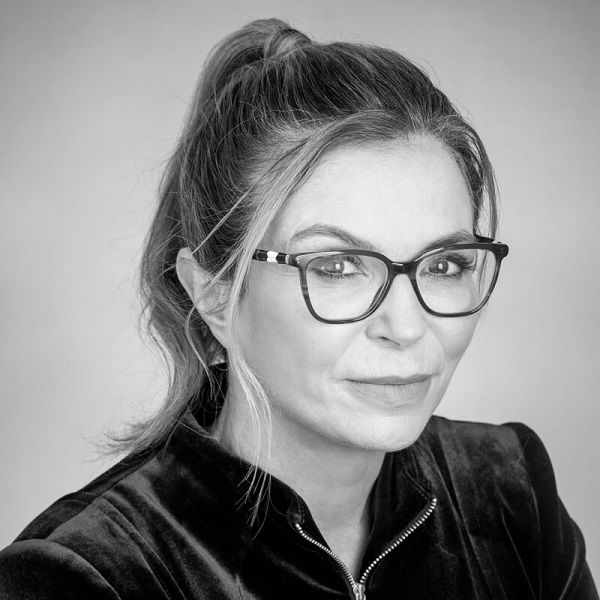
How building your brand builds your bottom line: Dee Madigan
Brands need to focus on longevity and building up trust over time if they want to form a deep, lasting relationship that can both weather publicity storms and bolster their bottom line, according to advertising expert and Founder of Campaign Edge, Dee Madigan (pictured).
“The value of a company brand is about 67% of the actual company’s value. So, how people feel about the brand is actually hugely important. And it gives you protection for when things go wrong as well,” Ms Madigan told The Business Of, the podcast from the UNSW Business School.
“I think a lot of people get branding wrong. They think that a brand is a logo or a strap line. And it’s not. A brand isn’t even what you say about yourself. It’s how people feel about you.”
Achieving that feeling can be costly, and according to Dee Madigan there’s one strategy that’s proven effective: find the things your audience already love and show that you love those things too through sponsorships.
“Linking a sponsorship to something people feel good about is a smart way to improve your brand image,” Ms Madigan said, adding that both small and large-scale sponsorships can be lucrative for your brand.
“Where sponsorships are valuable for companies is in the brand space, and we know how important sport is – particularly in Australia. If you can align your brand to something that people love that’s going to help your brand, and it’s not a short-term hit like you might get from an influencer, where they’ve got a hashtag to give people a cheaper deal. It’s about the long-term feelings of it.”
But associating your brand with another doesn’t come without risks, and no matter how long you’ve spent building up trust with your audience, it can disappear in an instant Ms Madigan warns.
“If you are sponsoring a sports team of 40 people, for example, the chances that there is a person within that 40 who has a problem with your brand is actually really high. And I think where they’ve managed that best is where it’s been okay for a player to say, look, I’m uncomfortable with that.”
The relative success of a brand sponsorship can be hard to measure, as according to Ms Madigan you’re ultimately looking to generate feelings of goodwill and develop a bond with your audience beyond monetary value.
“I think good business owners if you’re doing good numbers, you think, well, I started sponsoring then, and my business has improved by then it’s sort of quantifiable.”
It’s all about timing and getting the right fit between your brand and the event, team or person you’re sponsoring. And that involves seeing what the next trend is and getting on board in a genuine way.
“Brands can’t create things out of nothing. What you can do is try to jump on top of it. And I always sort of equate that with politics as well; you can’t create something out of nothing, but it’s about looking at what’s out there and where you fit in. And that’s essentially what good sponsorship does.”
The Business Of host Dr Juliet Bourke, a global consultant and academic at UNSW Business School, added the ability to predict trends requires a diversity of thinking among teams, stating, “Marketers need to be able to pick up on weak signals in society that are likely to build into popular movements for their audience. This requires the right mix of skills, background and attitude within your team to effectively capitalise on.”

